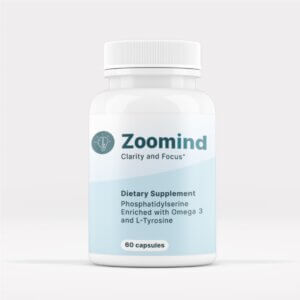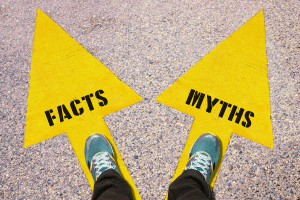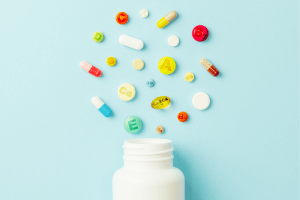Attention Deficit Hyperactivity Disorder (ADHD) is not seen only in children. Instead, it is estimated that around 60% of children who exhibit the characteristics of ADHD will still show elements of these behaviors all through their adult lives.
Adults who are impulsive, inattentive, and restless have the same “look and feel” as children with ADHD. Many adults with ADHD suffer from antisocial, depressive, and anxiety disorders, along with histories of school failure and occupational problems.
There is no cure for ADHD. Although many billions of dollars have been spent trying to find a cure, it is now generally accepted that all the drugs developed until now only control the symptoms to varying degrees.
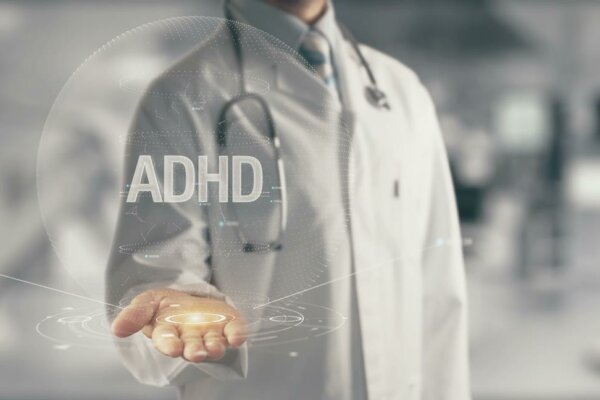
What Causes ADHD?
The consensus among scientists currently is that ADHD has many contributory factors. These are, in turn, the result of a wide range of entirely independent causes. Amongst others, some of the established causes of ADHD are:
- Genetics ADHD is strongly influenced by genes inherited from parents, but it does not appear to be related to a single gene. Research so far shows that parents and siblings of a family member with ADHD are more likely than average to have ADHD.
- Conditions in the womb or premature birth Studies have found a correlation between fetal development, infant brain size, and the occurrence of ADHD. It may be attributable to toxins in the mother’s diet, alcohol intake or smoking, which could influence brain function and structure. Several possible structural differences have been detected in people with ADHD compared to those without, although their exact significance is unclear. For example, brain scans have shown that some brain regions in people with ADHD can vary in size, being smaller or larger than average.
- Head injuries while a child is young
- People with ADHD may exhibit a chemical imbalance in neurotransmitter levels affecting their function. Diet can significantly affect the presence and function of neurotransmission.
The basic facts are that ADHD is not directly attributable to a single factor. One or more of these in combination may be the root cause of ADHD. On the other hand, there are many instances of people developing ADHD when none of the above are involved.
What Are the Current Treatments Recommended for Adults with ADHD?
According to Additude, one of the most comprehensive websites focusing on ADHD in both children and adults, around three-quarters of the people with ADHD in the U.S. undergo some type of ADHD treatment. Around 30% of all are receiving a combination of medication and behavioral treatment. Equal numbers receive only medication, and half as many (15%) undergo behavioral treatment only.
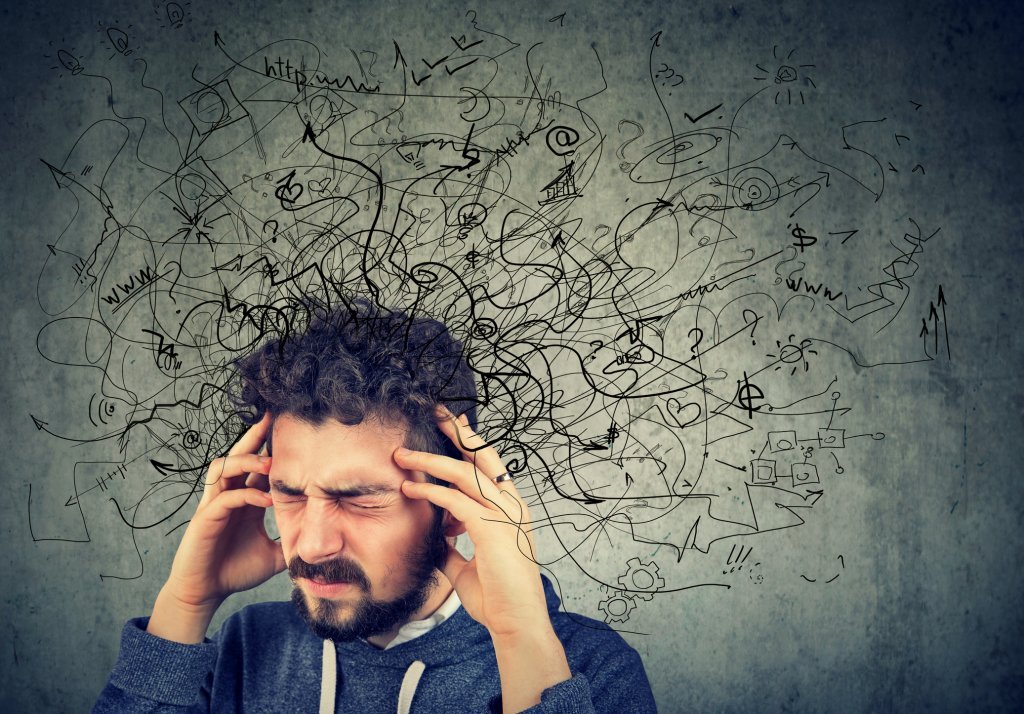
In total, medication is recommended to up to 68% percent of children with ADHD at varying stages of their school-going ages.
Accepting the fact that there is no cure for the disorder, all current medications are recommended because they lessen the symptoms. The most commonly recommended treatments are:
- Stimulants, which act to increase the level of dopamine. Dopamine is necessary for the brain to boost attention.
- Antidepressants and sedatives that act to dampen hyperactivity. They contain serotonin reuptake inhibitors (SSRIs), which work to increase serotonin levels in the brain. They are not as effective as stimulants for treating attentional and cognitive symptoms but do work to reduce impulsive and hyperactive behavior.
- Dietary supplements with especially high levels of omega-3 polyunsaturated fatty acids (PUFAs). It is based on the same principle of dopamine levels in the brain since a deficiency of omega-3 in the diet results in lower levels of dopamine
- Behavioral therapies, such as education, skills training, sleep training and psychological counseling.
How Well Do ADHD Medications Work for Adults?
The symptoms and causes of ADHD differ in each individual, because every person is different so it is impossible to give a general “grading” for the different medications. Even when it does work, medication doesn’t solve or completely eliminate symptoms.
The rate of success in getting at least some improvement is generally around 60% to 70%. However, although the regular medications improve attention and concentration, they do not do much to reduce disorganization, poor time management, procrastination and forgetfulness, which are the issues that cause the most problems for adults with ADHD.
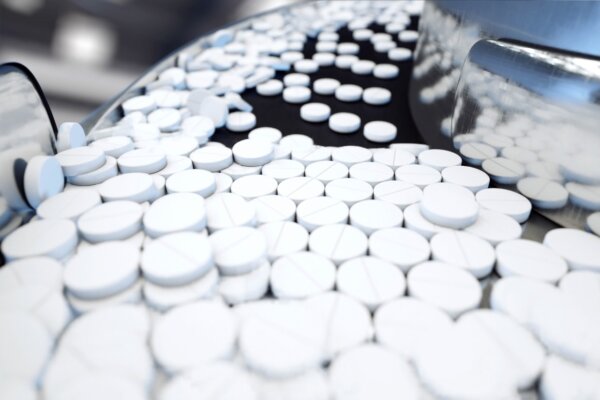
Most importantly, it is indicated that long-term treatment with these drugs will result in some tolerance levels, so that increased doses become necessary over time. Since ADHD can be a life-long disorder, this can become a significant factor in how effective any medication will be.
ADHD medication regimes require more than just taking the same pill for life, and must be closely monitored, especially for side effects. Dosages should be adjusted according to the response for the individual patient, and there is no “one size fits all” solution.
FAQ
Are there specific adverse effects of ADHD drugs for adults?
Adverse effects to the stimulant drugs that have been reported include:
- Appetite issues, with the possibility of either lack of interest or over-indulgence
- Addiction
- Personality changes
- Raised blood pressure and rapid heart rate
- Anxiety and irritability
- Headaches and stomach aches.
There are also some contraindications for adults. Patients with other health problems like heart disease or glaucoma or a history of alcohol or drug abuse should not be given stimulant medication.
There may also be problems with addiction, especially in adults. Prescribed stimulants accelerate the rate at which the body creates natural dopamine. Dopamine is a “feel good” drug that can create feelings of euphoria. This can increase the desire for more of the stimulant and eventually to addiction in a feedback loop.
When the possibility of adverse side effects of stimulants outweighs their benefits, non-addictive ADHD medication such as antidepressants may be appropriate. For antidepressants, the most frequent side effects include:
- Erectile dysfunction
- Pain with menstruation
- Problems with urination
- Nausea
- Vomiting
- Intense abdominal pain
- Dry mouth
- Constipation
- Drowsiness
- Difficulty falling and staying asleep
- Redness of face and neck
- Decreased appetite
- Headache
A warning that accompanies all antidepressant medications is the possibility of suicidal thoughts.
What are the dangers of addictions to ADHD drugs?
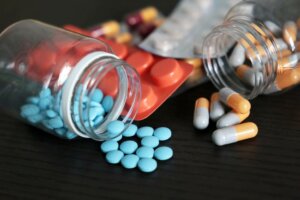
Long-term use of stimulants can cause dependence resulting in compulsive drug-seeking leading to obsessive behavior. People of different ages have different thresholds, making it difficult to determine which duration or quantity of drug use would develop into addiction. Patients may build up a natural tolerance, which means they will need higher doses to regain the same effect. For adults, the possibilities of long-term abuse are far greater than for children. They are subject to far less supervision and have either their own or “street” access to supply.
Doctors do not generally consider the non-stimulant antidepressant and sedative drugs prescribed to be addictive in the traditional sense. However, they can cause physical dependence, resulting in withdrawal symptoms when stopping or reducing the treatment. In some people, avoiding these unpleasant effects will amount to what is the same as an addiction since the person will be reluctant to cease treatment and still have the means to continue obtaining it.
What are the safest medications for adults with ADHD?
All of the prescribed stimulant medications come with known risks. Doctors will only prescribe them when it is clear that the benefits greatly outweigh any risks. However, each person is different, and the physician must take the individual tolerance and response to each of the different drugs into account.
Usually, doctors will only prescribe antidepressants when there are indications that treatment with stimulants is not working. Antidepressants have more severe side effects and so are usually only prescribed when no alternative therapy is working.
More recently, some doctors have been experimenting with combination therapy where both stimulant and antidepressant drugs are given simultaneously. So far, the focus of the research has been on applying it to children, and it may be too early to judge whether it is an option for adults.
FAQ
Is there any expert help for adults with ADHD?
The Centers for Disease Control and Prevention (CDC) funds the National Resource Center on ADHD, a program for Children and Adults with Attention-Deficit/Hyperactivity Disorder. Their website has links to information for people with ADHD and their families.
